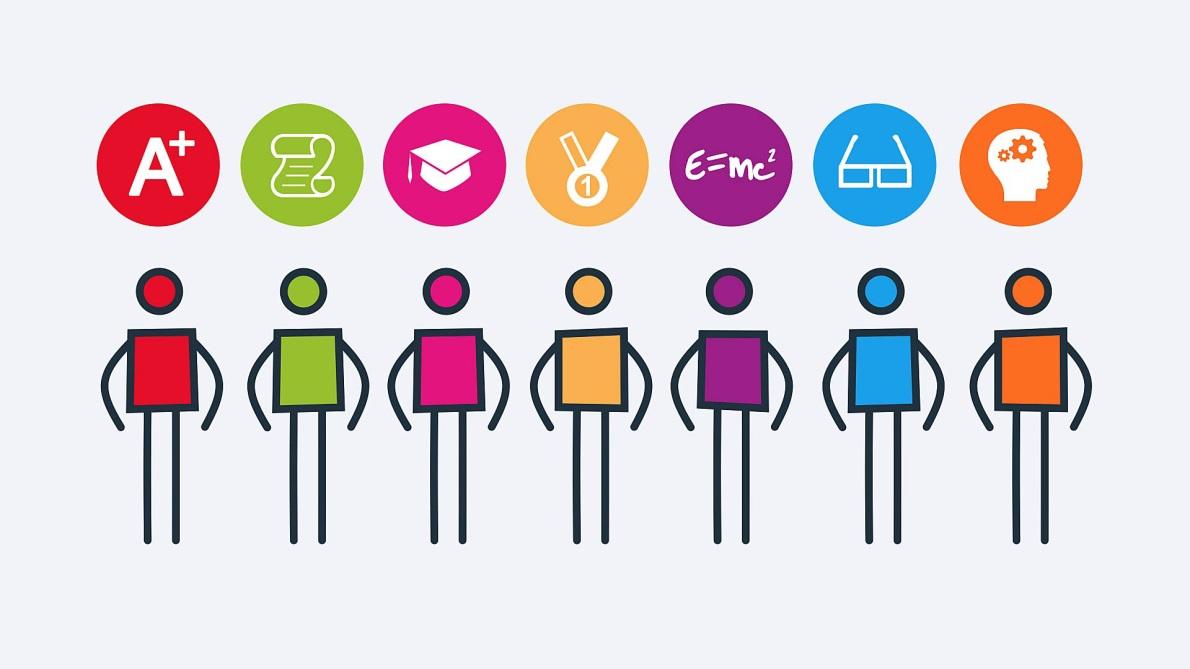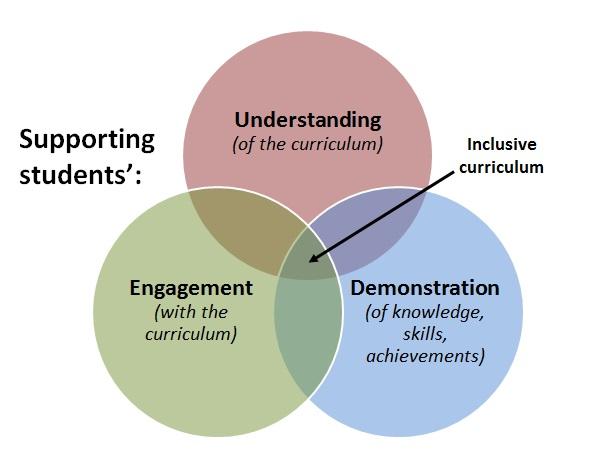An integral part of the work to address the Black and Minority Ethnic (BME) attainment gap is the development of an inclusive curriculum. An inclusive curriculum is universal and intended to improve the experience, skills and attainment of all students including those in protected characteristic groups. It aims to ensure that the principles of inclusivity are embedded within all aspects of the academic cycle.
So why bother?
The social justice case:
The widening participation agenda has increased the reach of higher education in terms of the diversity of students accessing higher education, but to date this has not been complemented by parity in terms of educational outcomes. This is not acceptable and universities must take steps to address these attainment gaps.
The business case:
- improved student attainment means improved metrics for the university and therefore higher league table position;
- the Teaching Excellence Framework (TEF) will explicitly consider the extent to which higher education institutions (HEIs) achieve positive outcomes for disadvantaged groups;
- reductions in financial support through, for example, the Disabled Student Allowance, will require institutions to take anticipatory action underpinned by an inclusive environment.
The professional development case:
Central to the professional values at the heart of the UK Professional Standards Framework (UKPSF) is a respect for individual learners and diverse learning communities and a commitment to promote equality of opportunity for all learners.

Practical applications
- Student-centred collaborative approaches, like small group work and clicker technology, allow students to draw on their own experiences and perspectives, enabling peer-led learning;
- Encouraging students to work with different peers increases their knowledge acquisition and diversity skills. This could be achieved through ‘engineering’ discussion groups and insisting that students do not always work in their comfortable groups;
- Multi-sensory delivery strategies. We should be exposing our students to a variety of mediums of delivery – preferably in an exciting, engaging and interactive way. For example, practical and authentic resources encourage participation as everyone can discuss concrete visual examples with interest;
- Guest speakers. Inviting speakers from different cultural and social backgrounds, may reflect the current diversity of higher education (HE) students. These speakers can cover additional aspects of the curriculum or provide different perspectives on existing content.
Kingston University's approach
Kingston University’s approach to the inclusive curriculum is universal and is intended to improve the experience, skills and attainment of all students including those in the protected characteristic groups. Kingston University identifies three key principles that are fundamental to creating and delivering a comprehensively inclusive curriculum:
(a) Create an accessible curriculum.
(b) Enable students to see themselves reflected in the curriculum.
(c) Equip students with the skills to positively contribute to and work in a global and diverse environment.
Click here to download a PDF on Kingston University’s approach to an Inclusive Curriculum summarising why we need an inclusive curriculum and what staff at Kingston are doing to make their curriculum more inclusive plus links to Kingston’s summary videos.
University of Wolverhampton's approach
Click here to download a PDF on the University of Wolverhampton’s approach to the development of Inclusive Curricula including their Universal Educational Design (UED) and links to their ‘Learning to Teach Inclusively’ project and resources.

University of Hertfordshire's approach
University of Hertfordshire’s approach has been developed to help staff take a considered look at their current curriculum in terms of their learning, teaching, assessment and the environments that they provide.
A readily accessible toolkit has been developed to provide a common framework for colleagues and focuses on: good practice in higher education; assessment for learning; research-informed teaching; inclusive teaching; international engagement; sustainability; employability; enterprise education.
Click here to download a PDF on the University of Hertfordshire’s curriculum design toolkit including their informative Prezi on each strand of the toolkit and useful case studies detailing interventions that could work in your institution.